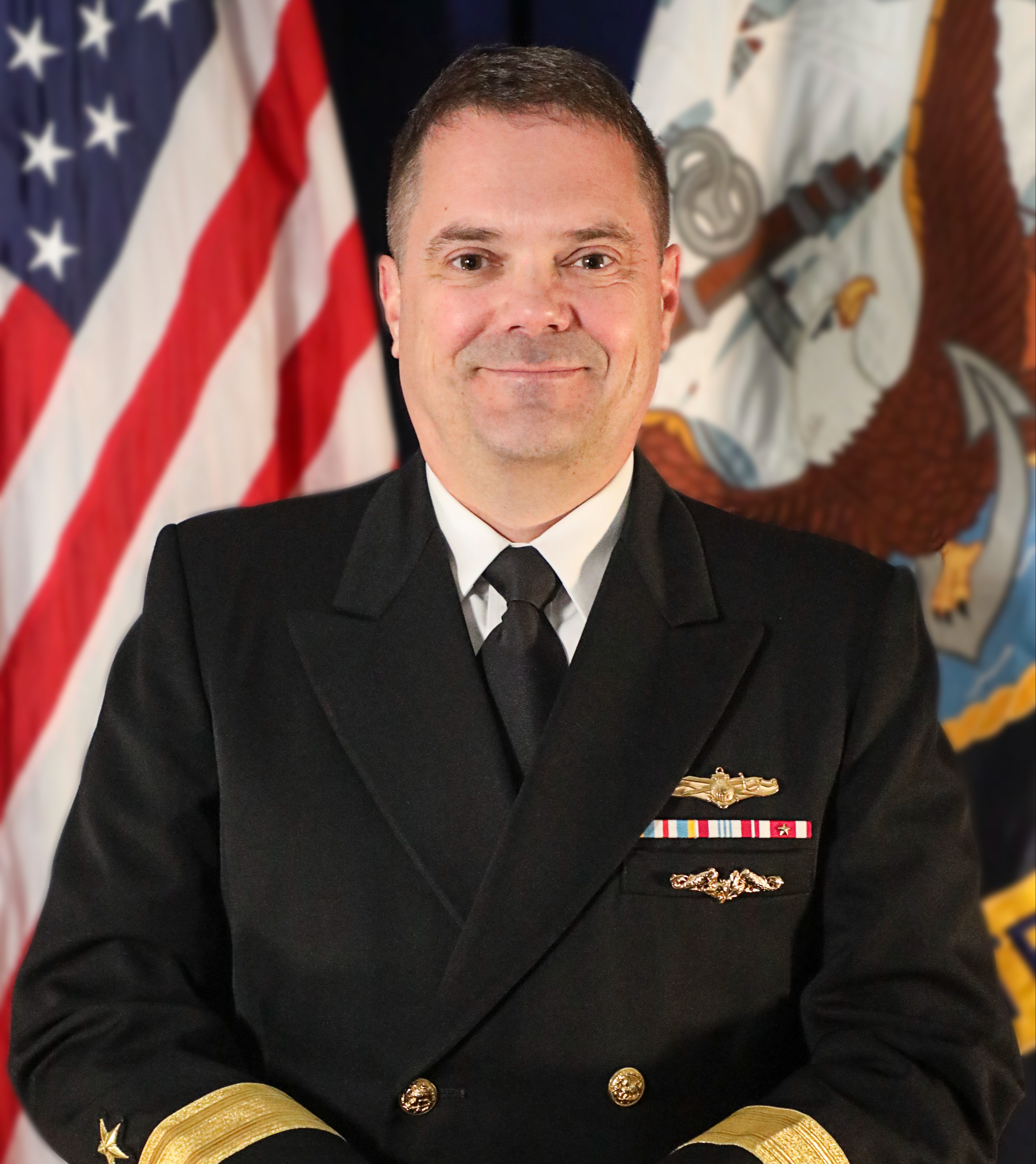
Fireside Chat with RDML Thomas Henderschedt, USN
October 10, 2023 2:00 PM to 2:45 PM Virtual
On Tuesday, Oct. 11 RDML Thomas Henderschedt, J2, Director for Intelligence, U.S. Indo-Pacific Command, joined INSA President Suzanne Wilson Heckenberg for a virtual fireside chat focused on INDOPACOM intelligence priorities.
Kicking off the conversation, RDML Henderschedt reinforced the importance of the Commander’s priorities, need for a resilient joint force, and ensuring a capability to fight when required. He also discussed the need to develop the defense intelligence enterprise for the long-term, not just in traditional intelligence requirements, but in building depth for analysts in decades to come.
Regarding China’s military behavior over that past 18-24 months, RDML Henderschedt highlighted the rapid advancements in PLA capabilities and the shift towards a more joint, integrated, and lethal force. He emphasized the importance of developing a long-term analysis bench within the Defense Intelligence Enterprise, particularly in predicting China’s next steps and activities, such as its uses of lawfare, information warfare, and other non-kinetic strategies in the international space. In discussing the legal space, RDML Henderschedt clarified that he was referring to China’s external legal actions, such as challenging maritime claims and exerting control over international waters.
Addressing the potential conflict with Taiwan, he noted that President Xi’s 2027 directive is not necessarily a set timeline, but a call to develop capabilities to compel unification if needed. He mentioned various forms of conflict that may take shape, including gray zone tactics, to a cross-strait invasion, and that the PLA is preparing for a wide range of scenarios.
RDML Henderschedt emphasized the importance of technology and AI and machine learning in processing and analyzing data rapidly and efficiently, which is crucial to addressing evolving challenges. He went on to discuss the collaboration with the NSA and U.S. Space Force in addressing the multifaceted challenges posed by China. These partnerships are vital in the context of evolving cyberthreats, and challenges within the space domain. This collaboration extends to intelligence sharing, joint exercises, and a concerted effort to stay ahead of China’s capabilities.
In closing, RDML Henderschedt discussed recruitment and talent retention, highlighting a partnership with the University of Hawaii to grow a pool of students interested in national security and intelligence studies. This program aims to prepare future professionals who can contribute to the defense intelligence enterprise. The discussion highlighted the need for long-term strategic thinking and the importance of partnerships with intelligence agencies and industry to stay ahead of PRC threats.




